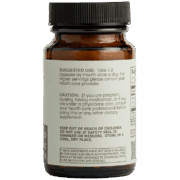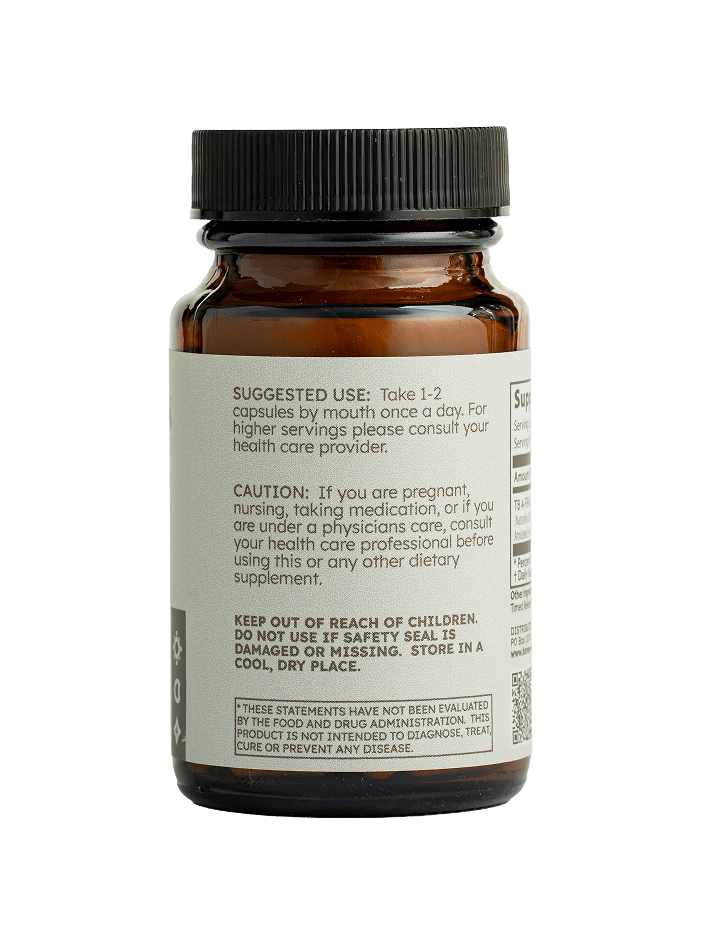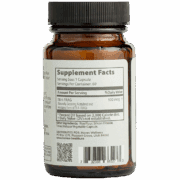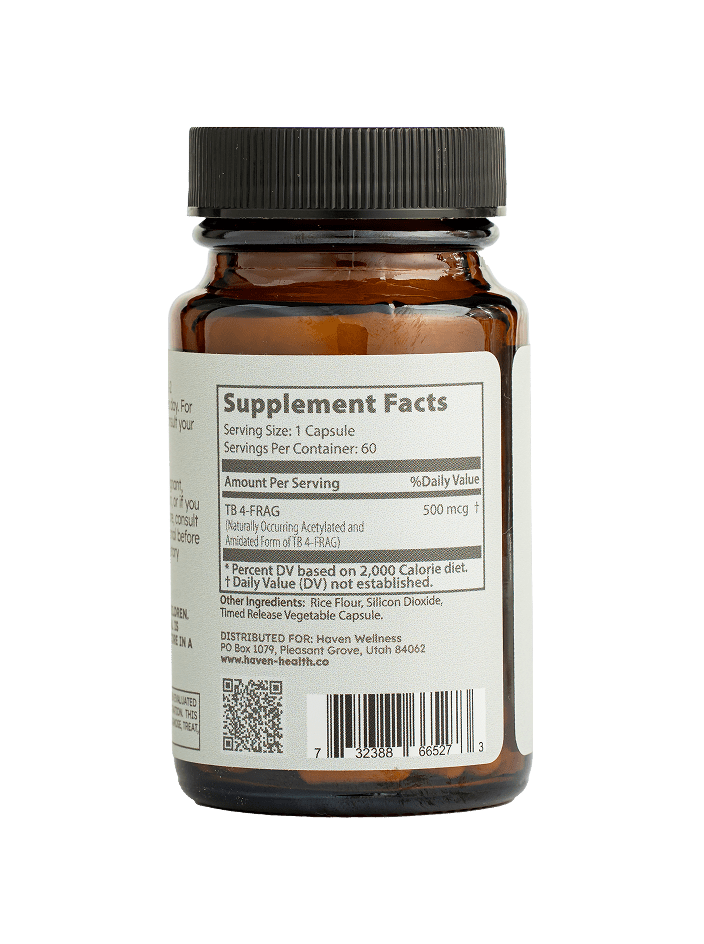Thymosin β4 (TB4), the most prevalent member of the thymosin β family, serves as a crucial actin-sequestering peptide extensively found in mammalian tissues, including the nervous system.
Its primary role is to regulate the organization of the actin cytoskeleton by binding to G-actin monomers, facilitating cellular migration. Within the central nervous system, TB4 has been identified as a key mediator of neuroprotection and is believed to influence the proper growth and development of neurites, a process that heavily relies on actin cytoskeletal remodeling.
Additionally, this peptide’s presence in neural tissues suggests it contributes to synapse formation, axonal extension, cellular migration, and modifications in dendritic spine plasticity. Notably, a peptide fragment of TB4, N-acetyl-serylaspartyl-lysyl-proline (Ac-SDKP), has demonstrated angiogenic properties both in vitro and in vivo, similar to TB4, further highlighting its therapeutic potential in vascular and neural regeneration.













Leave a Review
You must be logged in to post a comment.